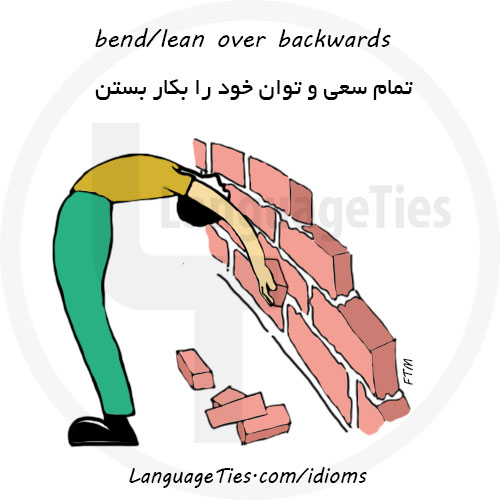slippery
If something is slippery, it is wet or smooth so that it slides easily or causes something to slide
Snow and ice have made roads slippery.
Oxford Essential Dictionary
slippery
adjective
so smooth or wet that you cannot move on it or hold it easily:
a slippery floor
The road was wet and slippery.
Longman Dictionary of Contemporary English
slippery
slip‧per‧y /ˈslɪpəri/ BrE AmE adjective
[Word Family: noun: ↑slip, ↑slipper, ↑slippage, ↑slipperiness; verb: ↑slip; adjective: ↑slippery]
[Date: 1500-1600; Origin: slipper 'slippery' (11-19 centuries), from Old English slipor]
1. something that is slippery is difficult to hold, walk on etc because it is wet or ↑greasy:
In places, the path can be wet and slippery.
Harry’s palms were slippery with sweat.
2. informal someone who is slippery cannot be trusted:
Martin is a slippery customer (=someone you should not trust) so be careful what you say to him.
3. not having one clear meaning and able to be understood in different ways:
the slippery notion of ‘standards’
4. (be on) a/the slippery slope British English informal used to talk about a process or habit that is difficult to stop and which will develop into something extremely bad
(be on) a/the slippery slope to/towards
He is on the slippery slope to a life of crime.
Oxford Advanced Learner's Dictionary
slippery
slip·pery [ˈslɪpəri] [ˈslɪpəri] adjective
1. (also informal slippy) difficult to hold or to stand or move on, because it is smooth, wet or polished
• slippery like a fish
• In places the path can be wet and slippery.
• His hand was slippery with sweat.
2. (informal) (of a person) that you cannot trust
• Don't believe what he says— he's a slippery customer.
3. (informal) (of a situation, subject, problem, etc.) difficult to deal with and that you have to think about carefully
• Freedom is a slippery concept (= because its meaning changes according to your point of view).
Idiom: slippery slope
See also: slippy
Word Origin:
[slippery] late 15th cent.: from dialect slipper ‘slippery’, probably suggested by Luther's schlipfferig.
Example Bank:
• International law is notoriously slippery.
• The concrete gets slippery when it's wet.
• The oil made the ground slippery and treacherous to walk on.
• The track was wet and slippery for the race.
• Watch out— the floor's a bit slippery.
• rocks that were slippery with seaweed
Cambridge Advanced Learner's Dictionary
Cambridge Advanced Learner's Dictionary - 4th Edition
slippery / ˈslɪp. ə r.i / / -ɚ- / adjective
C1 If something is slippery, it is wet or smooth so that it slides easily or causes something to slide:
slippery soap
a slippery floor
The road was wet and slippery.
informal disapproving Someone who is slippery cannot be trusted:
He's as slippery as an eel - you can never get a straight answer out of him.
He's a slippery customer (= person) , that Tim, I've never felt comfortable with him.
Collins COBUILD Advanced Learner’s English Dictionary
slippery
[slɪ̱pəri]
1) ADJ-GRADED Something that is slippery is smooth, wet, or oily and is therefore difficult to walk on or to hold.
The tiled floor was wet and slippery...
Motorists were warned to beware of slippery conditions.
2) ADJ-GRADED (disapproval) You can describe someone as slippery if you think that they are dishonest in a clever way and cannot be trusted.
He is a slippery customer, and should be carefully watched.
3) PHRASE: N inflects, usu down/on PHR, oft PHR to n If someone is on a slippery slope, they are involved in a course of action that is difficult to stop and that will eventually lead to failure or trouble.
The company started down the slippery slope of believing that they knew better than the customer.
Merriam-Webster's Advanced Learner's Dictionary
slippery
slip·pery /ˈslɪpəri/ adj slip·per·i·er; -est [also more ~; most ~]
1 : difficult to stand on, move on, or hold because of being smooth, wet, icy, etc.
• The trails were muddy and slippery.
• The floor looks slippery.
• Fish are slippery to hold.
• The sign cautions: “Slippery when wet.”
2 : not easy to understand or identify in an exact way
• a slippery definition
• slippery concepts/notions
3 informal : not able to be trusted : tricky
• slippery politicians
- slip·per·i·ness noun [noncount]

